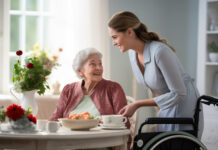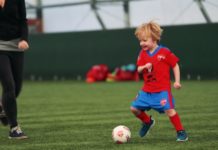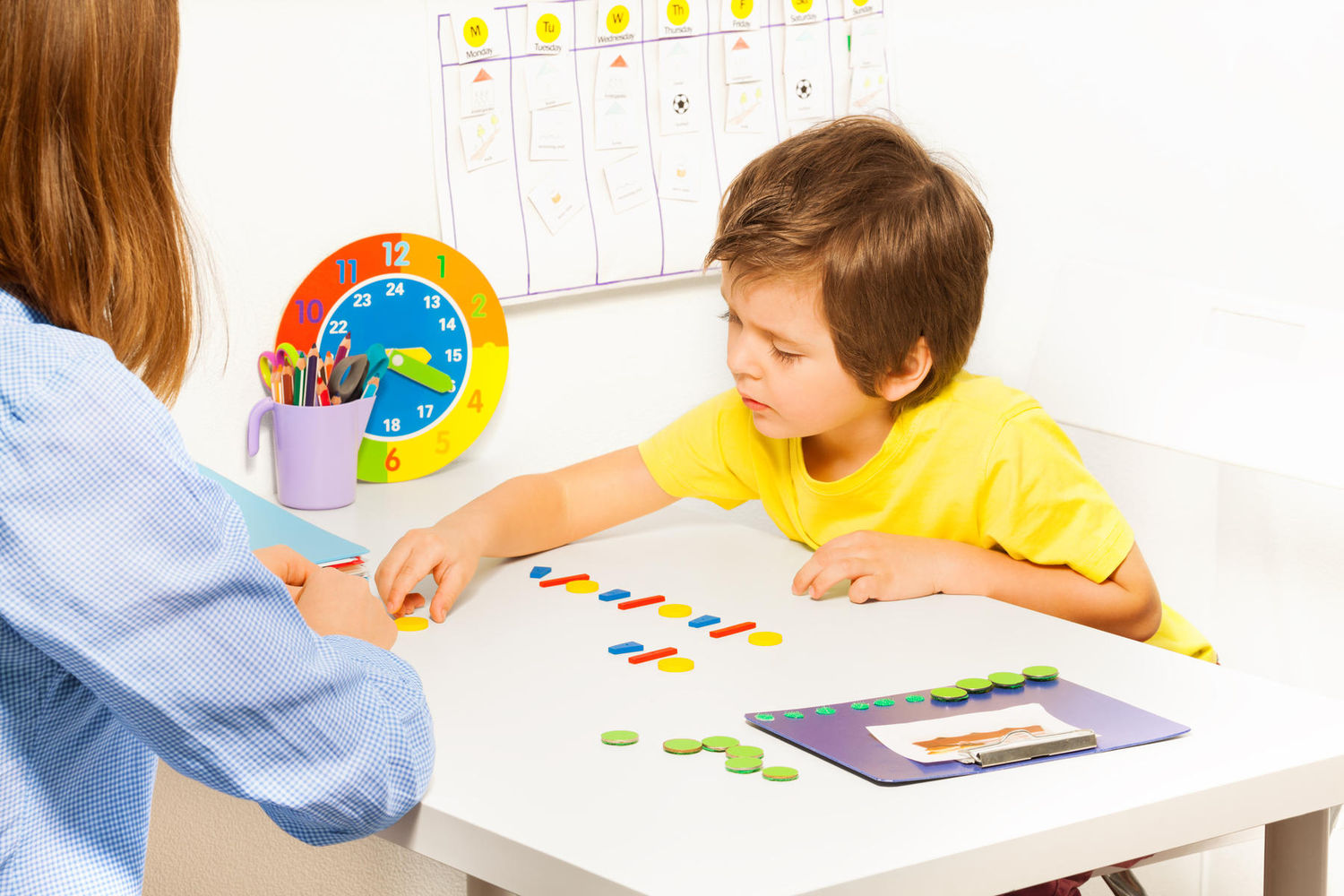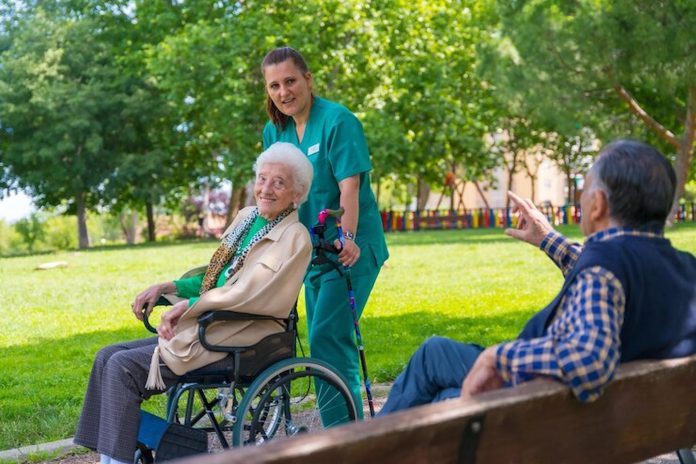In the ever-evolving field of healthcare, the role of staff training and development cannot be overstated, especially within care homes. Effective training programs are essential for ensuring high-quality care, staff satisfaction, and compliance with industry standards. This care home exemplifies this commitment by investing in comprehensive training and development initiatives that benefit residents and staff. This article explores the importance of staff training in care homes, focusing on the practices at Guildford Care Home highlighting the benefits and best practices for ongoing professional development.
The Importance of Staff Training in Care Homes
Staff training in care homes is crucial for several reasons:
- Quality of Care: Well-trained staff are better equipped to provide high-quality care, ensuring the physical, emotional, and social well-being of residents.
- Regulatory Compliance: Training helps ensure that care homes comply with legal and regulatory requirements, safeguarding residents and the care home.
- Employee Retention: Investing in staff development fosters job satisfaction and loyalty, reducing turnover and maintaining continuity of care.
- Professional Development: Ongoing training opportunities enable staff to advance their careers and stay updated with the latest practices and technologies.
Comprehensive Onboarding Programs
Creating a Strong Foundation
Guildford Care Home significantly emphasises comprehensive onboarding programs to ensure new staff members are well-prepared. These programs include:
- Orientation Sessions: New employees undergo detailed orientation sessions to familiarise them with the care home’s policies, procedures, and values.
- Mentorship Programs: Experienced staff members mentor new hires, providing guidance and support during their initial days.
- Basic Training: Fundamental training modules covering essential skills such as primary nursing care, emergency procedures, and communication techniques.
These onboarding programs are designed to build a solid foundation, ensuring new staff are confident and competent in their roles.
Continuous Professional Development
Lifelong Learning for Staff
This care home recognises the importance of continuous professional development (CPD) in maintaining high standards of care. CPD programs in this care home include:
- Regular Workshops and Seminars: Staff members participate in workshops and seminars that cover a wide range of topics, from advanced nursing techniques to mental health awareness.
- Online Training Modules: Flexible online courses allow staff to learn independently and cover subjects like dementia care, infection control, and medication management.
- Accredited Certifications: Staff are encouraged to pursue certifications certified in specialised areas, enhancing their skills and career prospects.
This care home offers various CPD opportunities to ensure staff remain knowledgeable and up-to-date with industry practices.
Specialised Training Programs
Tailoring Training to Specific Needs
Specialised training programs in this care home are tailored to meet the specific needs of residents and staff, including:
- Dementia Care Training: Given the prevalence of dementia in care home residents, staff receive specialised training to understand and manage the condition effectively.
- Palliative Care Training: Staff are trained in palliative care techniques, ensuring they can provide compassionate and appropriate care for residents nearing the end of life.
- Cultural Competency Training: Cultural competency training helps staff provide respectful and personalised care by recognising residents’ diverse backgrounds.
These specialised programs address the unique challenges in care homes, ensuring residents receive the best possible care.
Leadership and Management Development
Empowering Future Leaders
Guildford Care Home invests in leadership and management development programs to cultivate future leaders. These programs include:
- Leadership Workshops: Aspiring leaders attend workshops on leadership skills, conflict resolution, and team management.
- Management Courses: Comprehensive courses cover essential management topics such as strategic planning, budgeting, and regulatory compliance.
- Mentorship and Coaching: Senior leaders provide mentorship and coaching to emerging leaders, sharing their knowledge and experience.
By nurturing leadership skills, this care home ensures a solid and capable management team that can drive the care home’s mission forward.
Evaluating Training Effectiveness
Ensuring Continuous Improvement
Evaluating the effectiveness of training programs is crucial for continuous improvement. This care home employs several methods to assess and enhance its training initiatives:
- Feedback Mechanisms: Staff provide feedback on training sessions through surveys and interviews, allowing for adjustments and improvements.
- Performance Assessments: Regular performance assessments help identify areas where additional training may be needed.
- Resident Outcomes: The quality of care provided to residents is monitored to ensure training programs translate into improved outcomes.
This home maintains high care and staff development standards by regularly evaluating and refining its training programs.
Conclusion
Staff training and development are pivotal in ensuring the success and quality of care in care homes. This care home is a testament to comprehensive training programs’ positive impact on staff and residents. This care home’s commitment to staff development fosters a culture of excellence and continuous improvement, from thorough onboarding to constant professional development, specialised training, and leadership programs. As a result, residents receive the highest standard of care, and staff enjoy fulfilling and progressive careers. Investing in staff training and development is not just a regulatory requirement but a fundamental aspect of providing compassionate and competent care in today’s care homes.


























